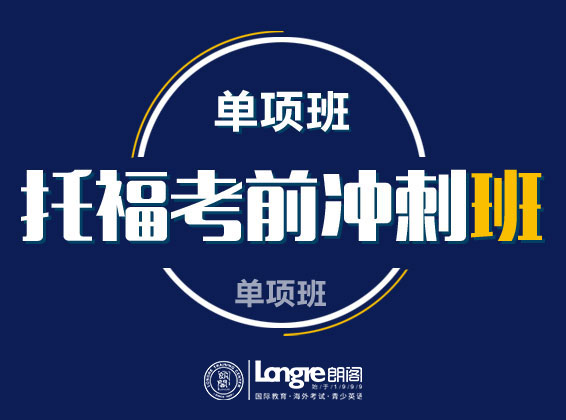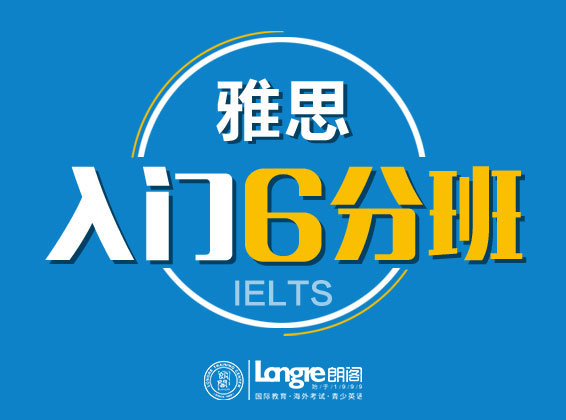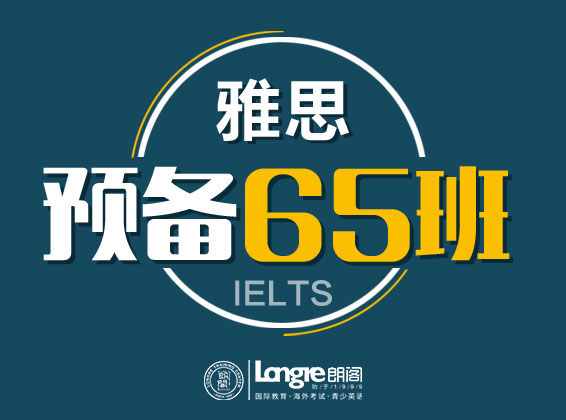|
give me a hand
比如,美国人经常说:“Give me a hand.” 按照字面来理解, “give me hand”就是“给我一只手。”可是,它的意思却是“帮我一下忙。” 另外一个例子是: “Foot the bill.” “Foot”的意思是 “一只脚”,而“bill”在这儿的解释是“账单”。“Foot the bill.”并不是把帐单踩在脚底下,而是付账的意思。 另外,有的时候,一个词汇有好几种解释。就拿下面一句话来作例子吧: 例句-1:“We arrived two hours late at the big blow-out for Charle’s birthday because our car had a blow-out.” 这句话里个blow-out是指规模很大的聚会,第二个blow-out是指汽车的轮胎炸了。整个句子的意思是:“由于我们车胎炸了,所以我们晚了两个小时才到达查理举行生日宴会的地方。” 还有一些习惯用语从字典上的意思来看是相同的,但是它们使用的场合却不同。 下面两个习惯用语就是很好的例子。
一个是“Lock, stock and barrel”,另外一个是:“Hook, line and sinker”。 我们先来举一个Lock, stock and barrel的例子:
例句-2:“Mr. Rockefeller bought the whole oil company lock, stock and barrel.” Hook, line and sinder虽然也和lock, stock and barrel一样是全部的意思,可是它还带有受骗的意思。例如:
例句-3:“I warned Sally not to believe that man’s stories about how rich he was, but she swallowed them hook, line and sinker. After she married him, she found out he owed money to everbody in his office.” 刚才我们讲解了在学英语过程中经常会碰到的一些问题。有些习惯用语从字面上看不出它们的确切意思,例如:give me a hand和foot the bill。另外还有些习惯用语在不同场合却表达不同的意思,如blow out。还有一些俗语,它们在字典上的解释是相同的,但是却有不同的用法,就像lock, stock and barrel和hook, line and sinker。 (责任编辑:admin) |
文中图片素材来源网络,如有侵权请联系删除






